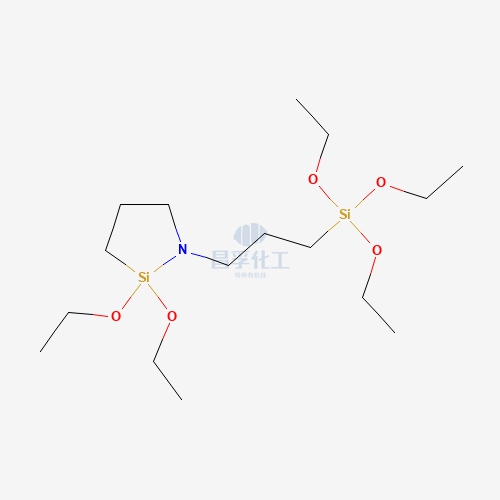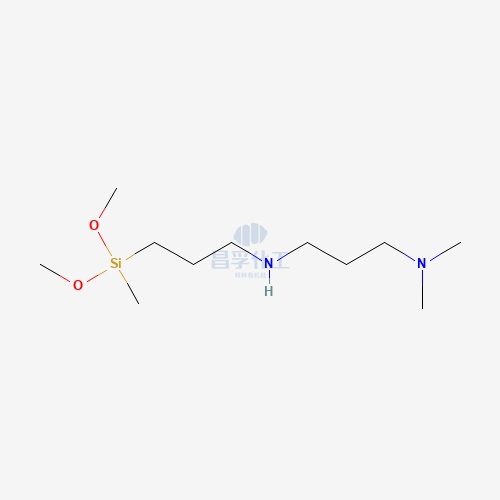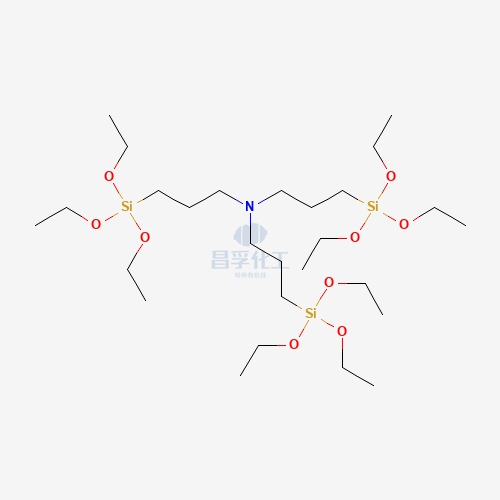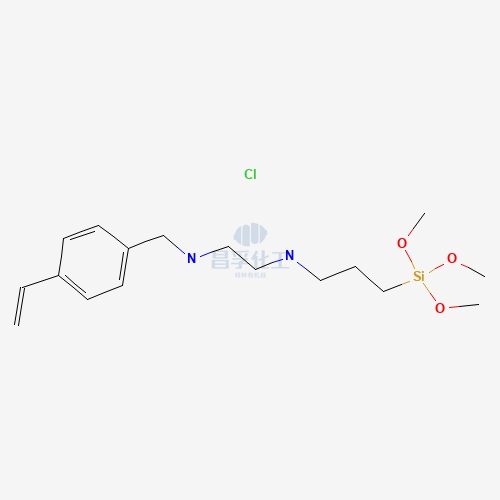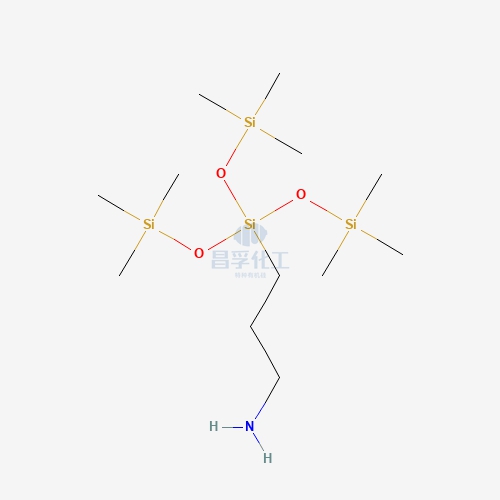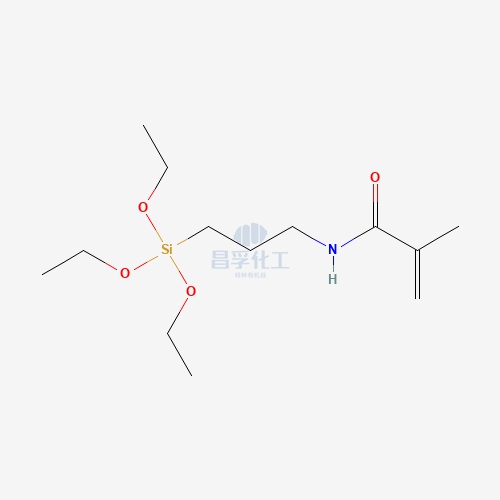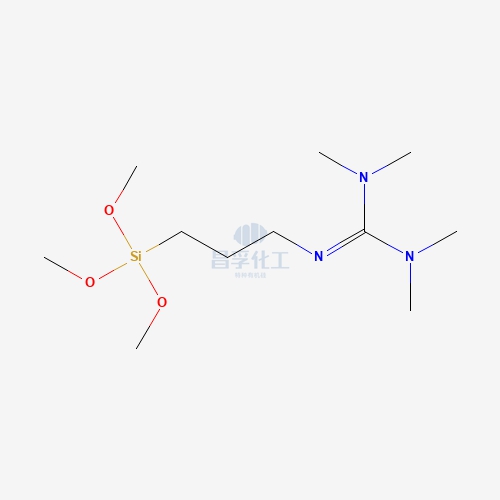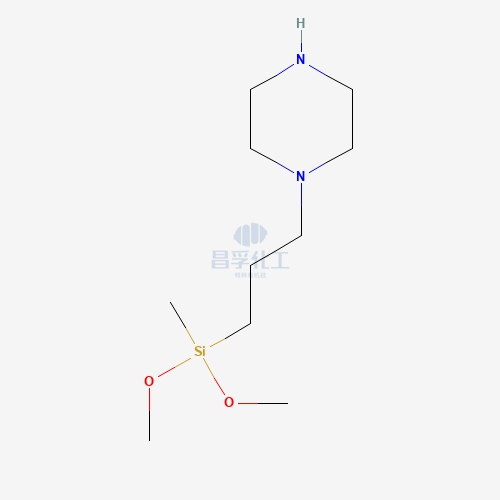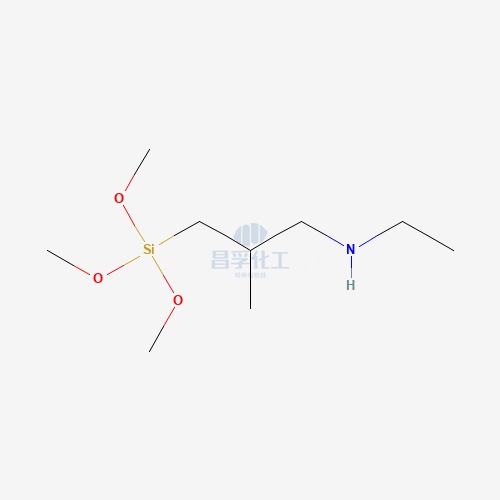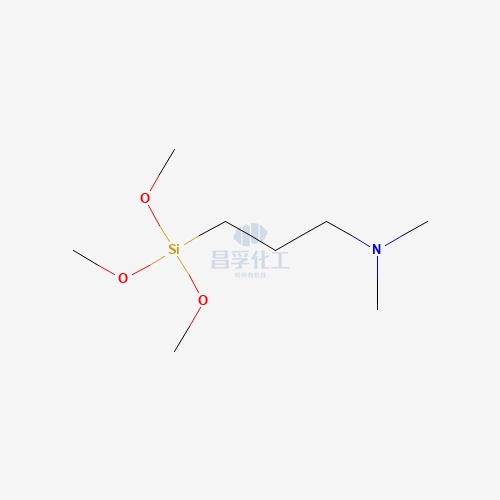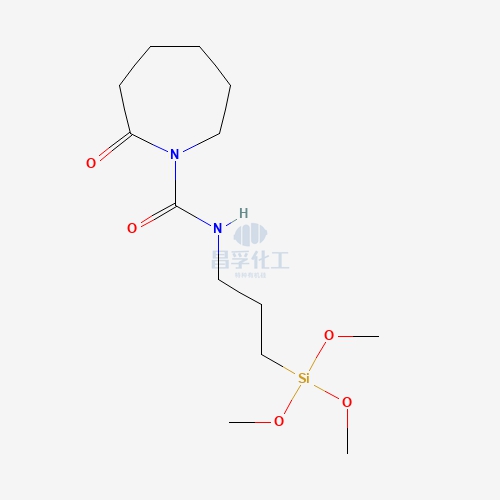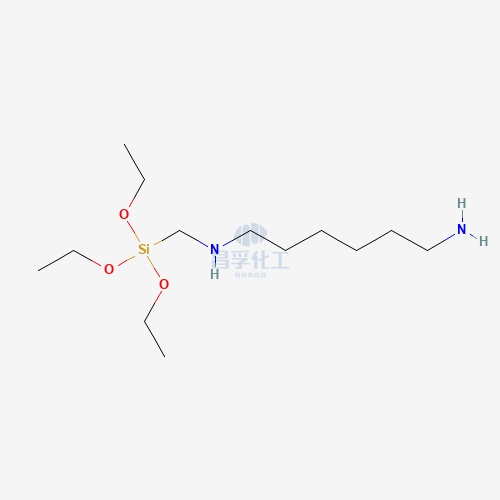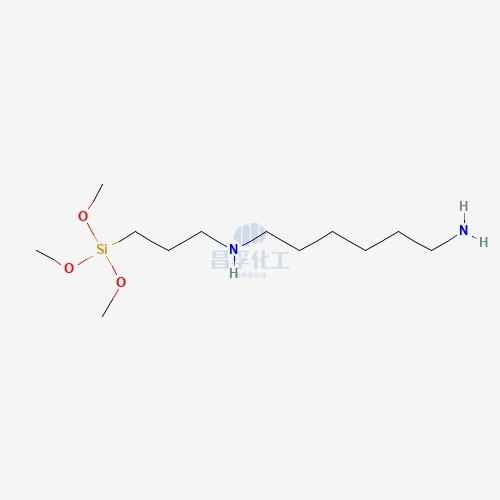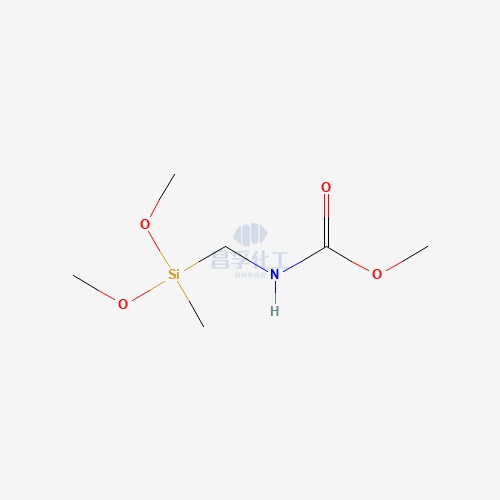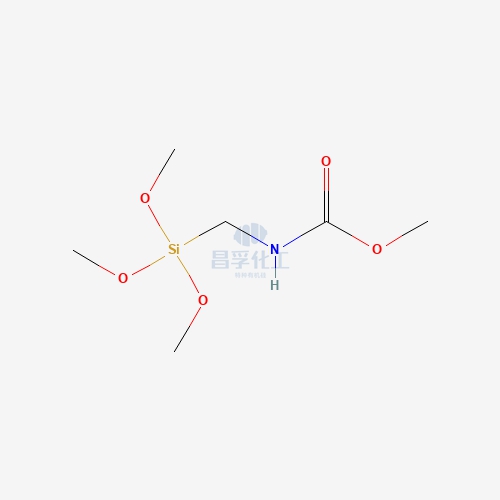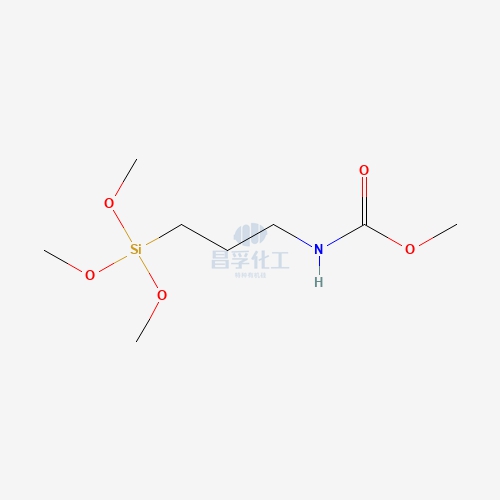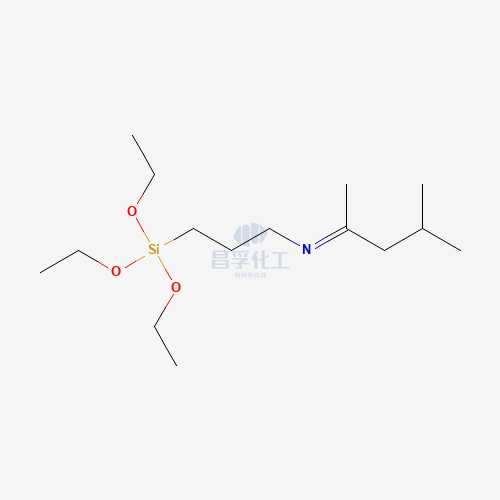
Contact Changfu Chemical Now!
+86 27 8439 6550 | +86 181 6277 0058
Understanding Silicone Elastomers: Properties, Applications, and Benefits
Introduction
Silicone elastomers have become integral to various industries due to their unique properties and versatility. These materials offer unmatched performance in extreme conditions, making them indispensable for applications ranging from automotive to healthcare. In this blog, we'll explore what silicone elastomers are, their key properties, applications, and benefits, and compare them with other elastomeric materials.

What Are Silicone Elastomers?
Silicone elastomers are rubber-like materials made from silicone, a polymer consisting of silicon, oxygen, carbon, and hydrogen. Their unique chemical structure gives them flexibility and durability, making them ideal for a wide range of uses.
Types of Silicone Elastomers
- Liquid Silicone Rubber (LSR): Known for its high purity and mechanical properties, LSR is commonly used in medical and food-grade applications.
- High-Consistency Rubber (HCR): Used in industrial applications where durability and high-temperature resistance are required.
Key Properties of Silicone Elastomers
Silicone elastomers possess several key properties that distinguish them from other materials:
Thermal Stability
- High-Temperature Resistance: Silicone elastomers can withstand temperatures up to 300°C without losing their properties.
- Low-Temperature Flexibility: They remain flexible at temperatures as low as -60°C, making them suitable for various environments.
Chemical Resistance
- Resistance to Oils, Solvents, and Chemicals: This makes them ideal for applications in harsh chemical environments.
Mechanical Properties
- Elasticity and Flexibility: Silicone elastomers have excellent elasticity, ensuring they return to their original shape after stretching.
- Durability and Toughness: They can endure repeated stress without significant wear and tear.
Electrical Properties
- Electrical Insulation: These elastomers are excellent insulators, making them suitable for electrical applications.
- Dielectric Strength: High dielectric strength ensures reliable performance in electronic components.
Other Properties
- Biocompatibility: Non-toxic and hypoallergenic, making them safe for medical use.
- UV and Ozone Resistance: They resist degradation from UV light and ozone exposure.
- Water Repellency: Their hydrophobic nature makes them ideal for applications requiring water resistance.
Applications of Silicone Elastomers
Silicone elastomers are used in numerous industries due to their versatile properties:
Automotive Industry
- Gaskets and Seals: Provide a reliable seal in engines and other automotive components.
- Hoses and Tubing: Used for fluid transfer due to their flexibility and chemical resistance.
Medical and Healthcare
- Medical Devices and Implants: Safe for use in contact with the human body.
- Pharmaceutical Applications: Used in drug delivery systems and other pharmaceutical products.
Consumer Goods
- Kitchenware and Baby Products: Heat resistance and non-toxicity make them perfect for these applications.
- Wearables and Electronic Devices: Provide durability and comfort in wearable technology.
Construction and Building
- Sealants and Adhesives: Used for sealing and bonding in construction.
- Coatings and Membranes: Protect buildings from environmental damage.
Aerospace and Defense
- Components for Aircraft and Spacecraft: Provide reliability under extreme conditions.
- Insulation and Protective Coatings: Protect critical components from environmental factors.
Benefits of Using Silicone Elastomers
Silicone elastomers offer numerous benefits that make them a preferred choice in various applications:
Versatility
- Wide Range of Applications: Suitable for diverse industries and uses.
- Customizable Formulations: Can be tailored to specific needs and requirements.
Performance
- Reliable Performance in Extreme Conditions: Maintain their properties under harsh environmental conditions.
- Long Lifespan and Durability: Provide a long-lasting solution for various applications.
Safety
- Non-Toxic and Hypoallergenic Properties: Safe for use in medical and consumer products.
- Compliance with Regulatory Standards: Meet various industry standards and regulations.
Sustainability
- Recyclability and Eco-Friendly Options: Can be recycled, reducing environmental impact.
- Lower Environmental Impact Compared to Other Materials: Sustainable choice for many applications.

Comparing Silicone Elastomers with Other Elastomeric Materials
To understand the unique advantages of silicone elastomers, it’s helpful to compare them with other common elastomeric materials:
Natural Rubber
- Properties: Good elasticity and tensile strength.
- Comparison: Silicone elastomers offer better temperature and chemical resistance.
Nitrile Rubber (NBR)
- Properties: Excellent resistance to oils and fuels.
- Comparison: Silicone elastomers provide superior flexibility and weather resistance.
Polyurethane Elastomers
- Properties: High strength and flexibility.
- Comparison: Silicone elastomers excel in high-temperature applications and biocompatibility.
Ethylene Propylene Diene Monomer (EPDM)
- Properties: Good weather and chemical resistance.
- Comparison: Silicone elastomers have better thermal stability and electrical properties.
Fluoroelastomers
- Properties: Extreme temperature and chemical resistance.
- Comparison: Silicone elastomers are more cost-effective and versatile.
Conclusion
Incorporating silicone elastomers into your projects can significantly enhance performance and reliability. Don’t miss the opportunity to leverage this remarkable material in your applications. If you're interested in the chemical building blocks of silicone elastomers, you might want to learn more about methylsilane. Silicone elastomers are a critical material in modern industry, offering unmatched performance and versatility. From automotive to healthcare, their unique properties make them an essential component in countless applications. By understanding the benefits and comparing them to other materials, it's clear that silicone elastomers are a superior choice for many uses.
Popular Silicon Compounds
Popular Silicon Compounds
Related News & Blog
Related News & Blog


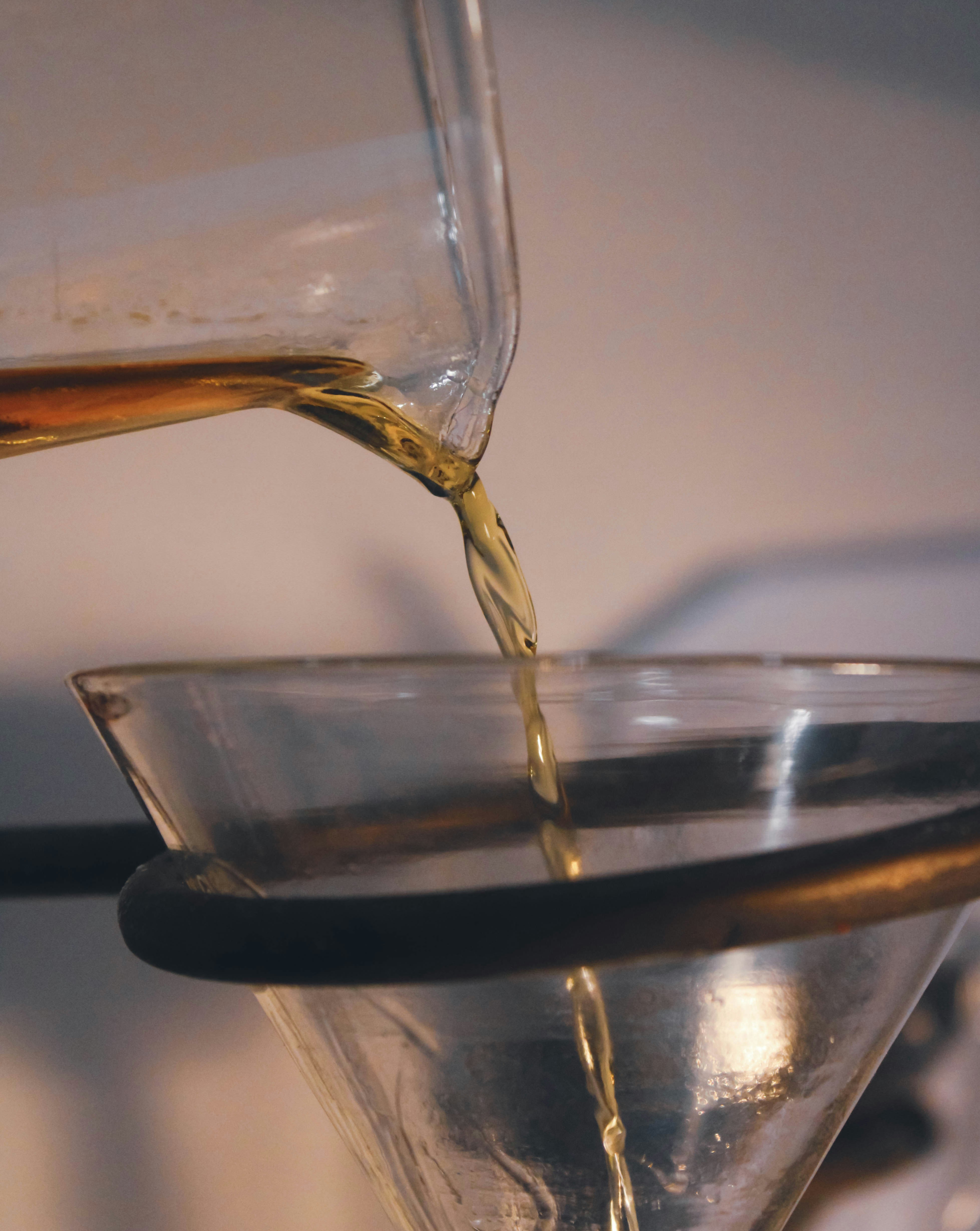

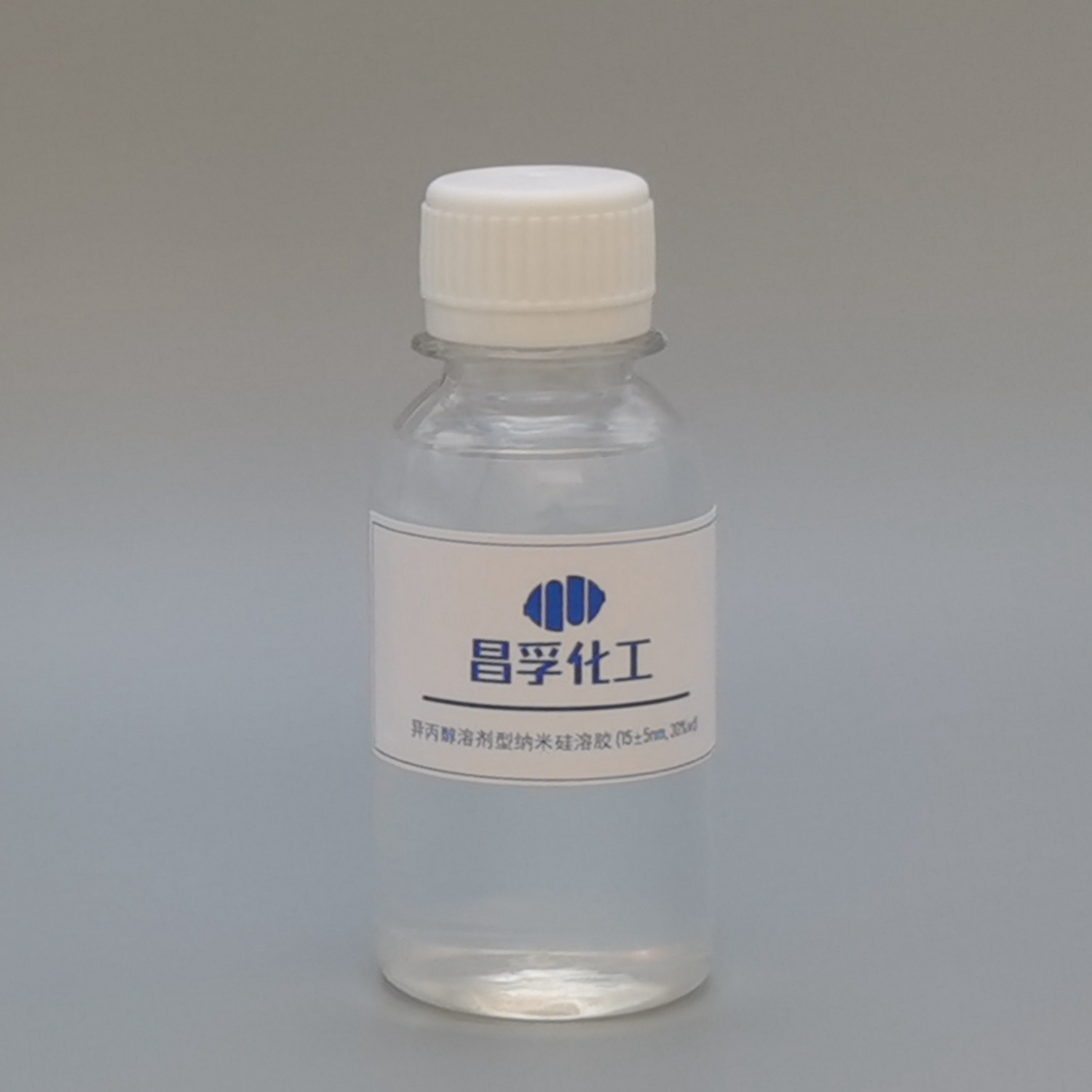
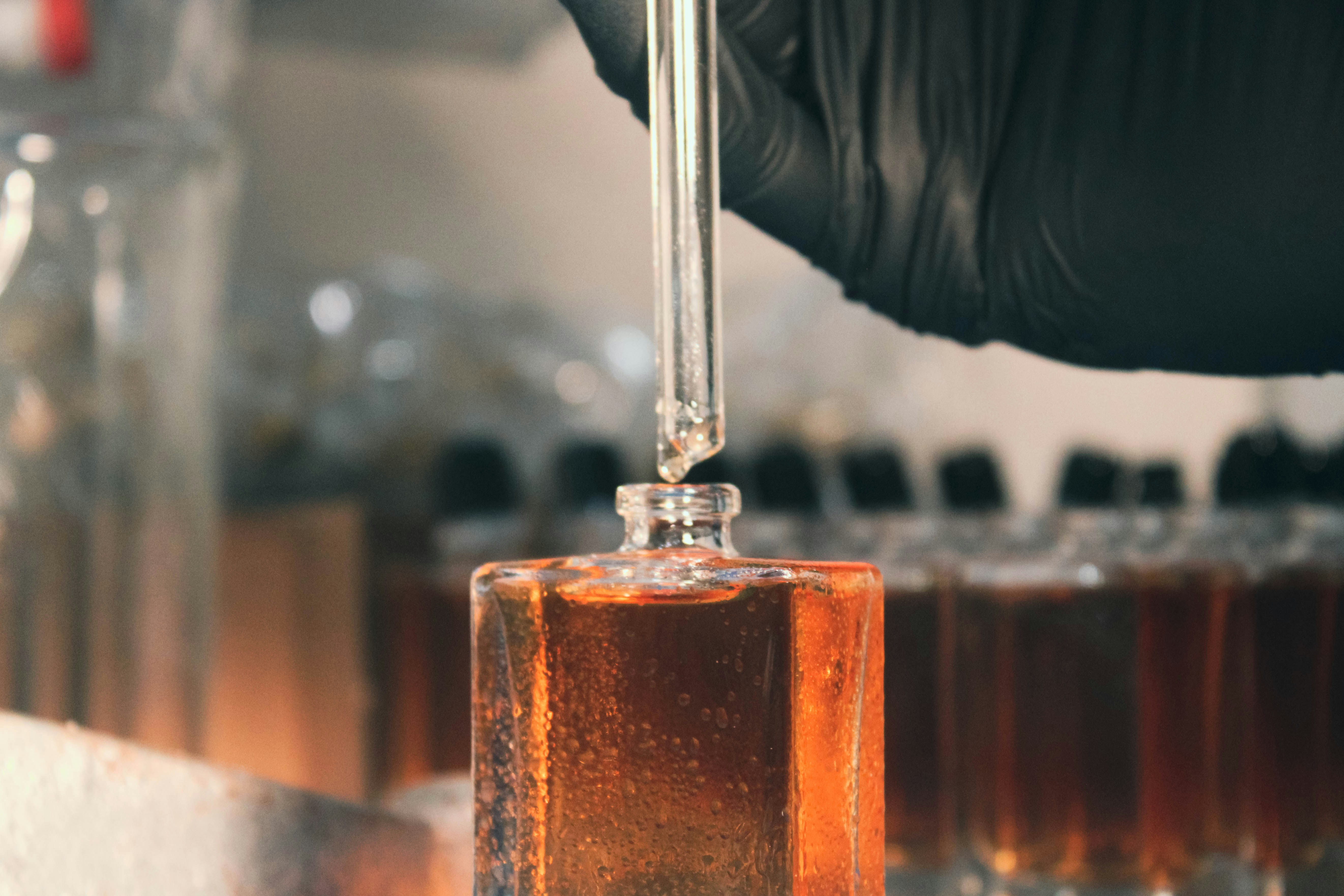
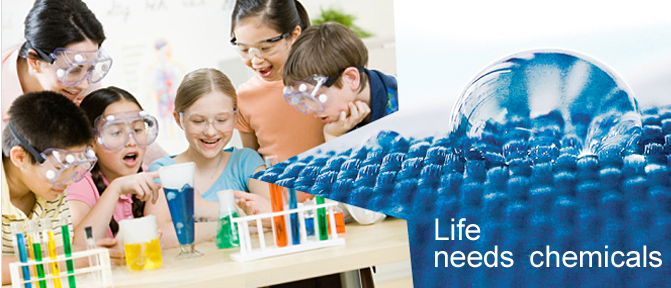


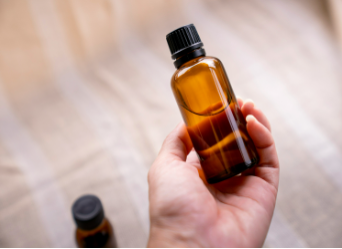



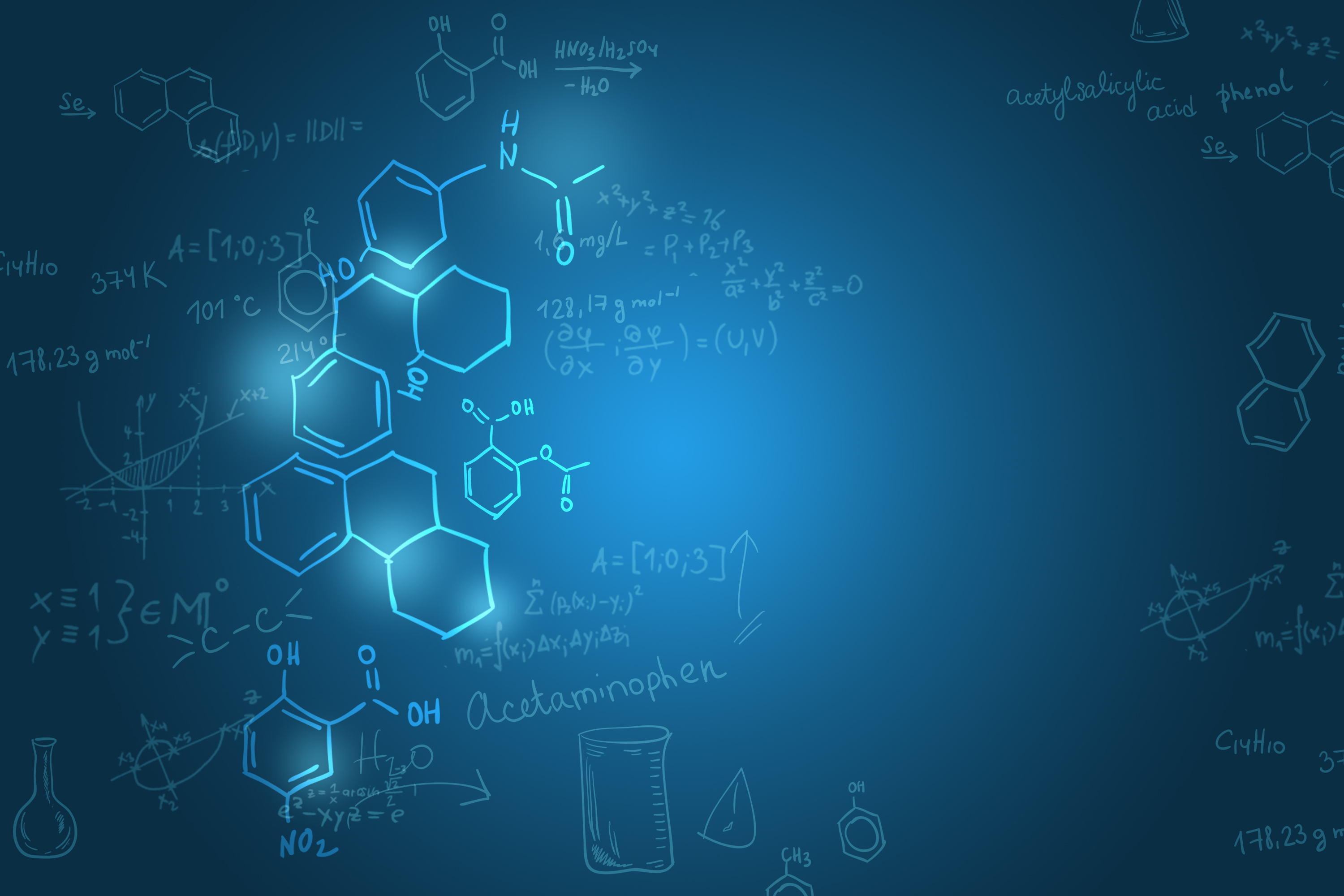

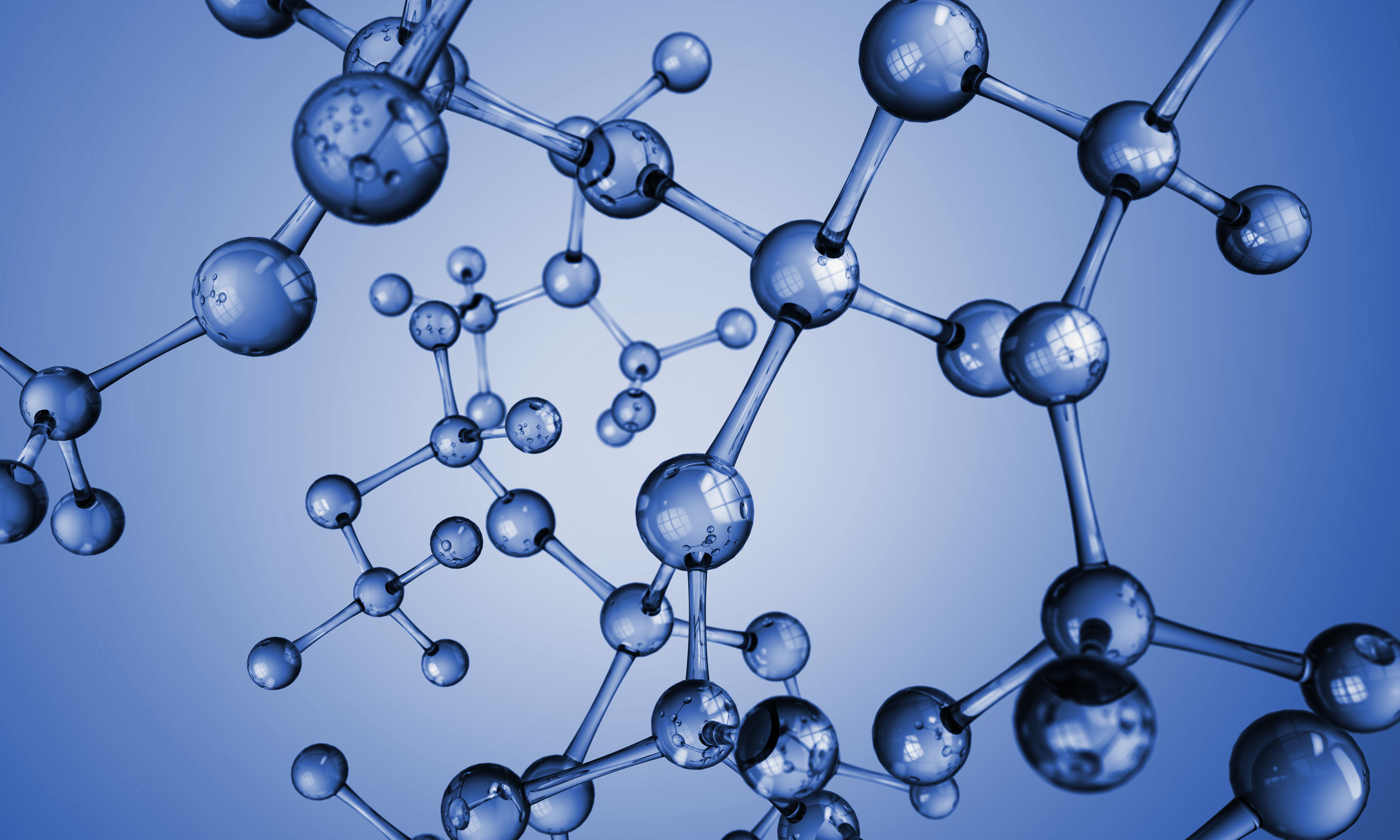










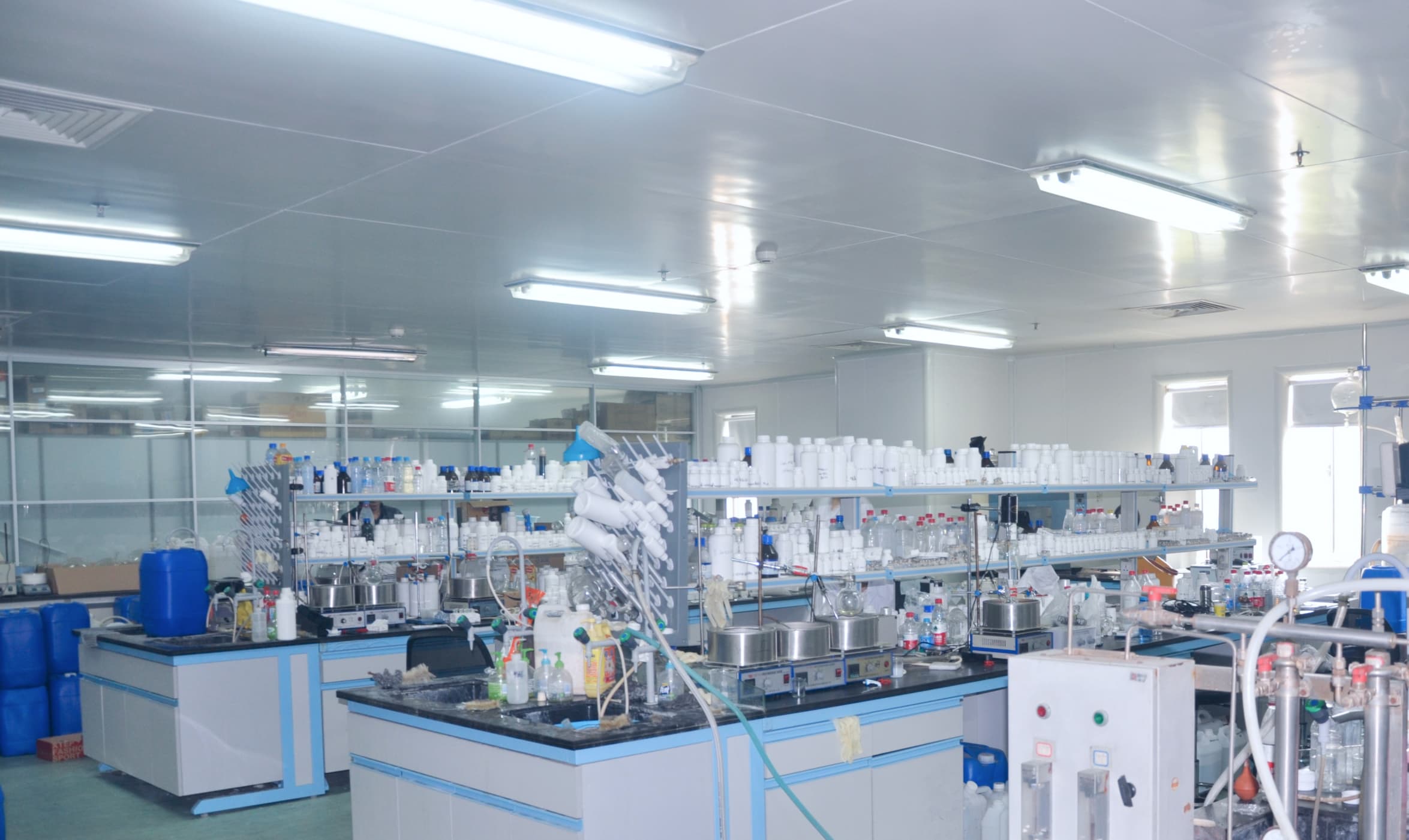


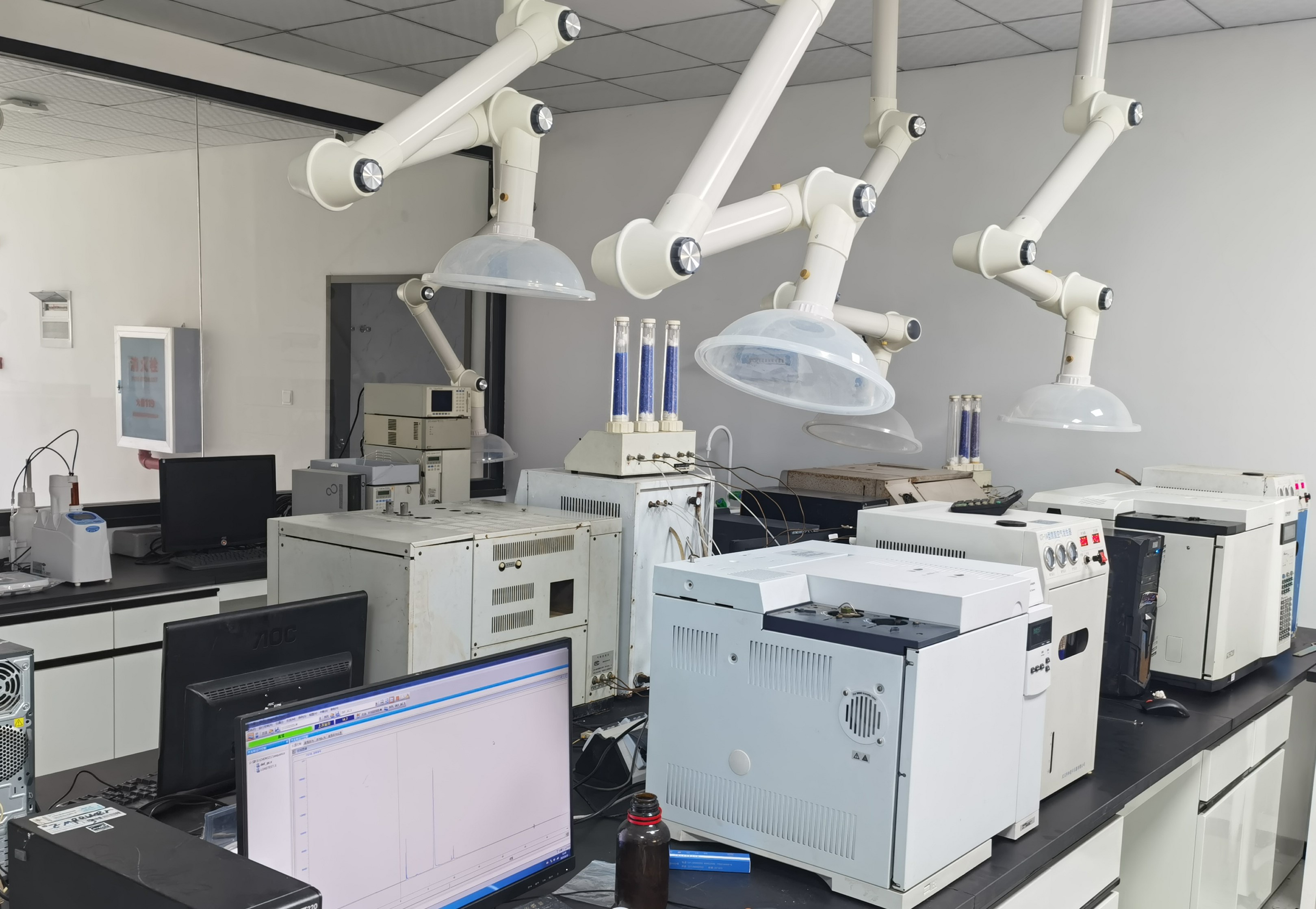
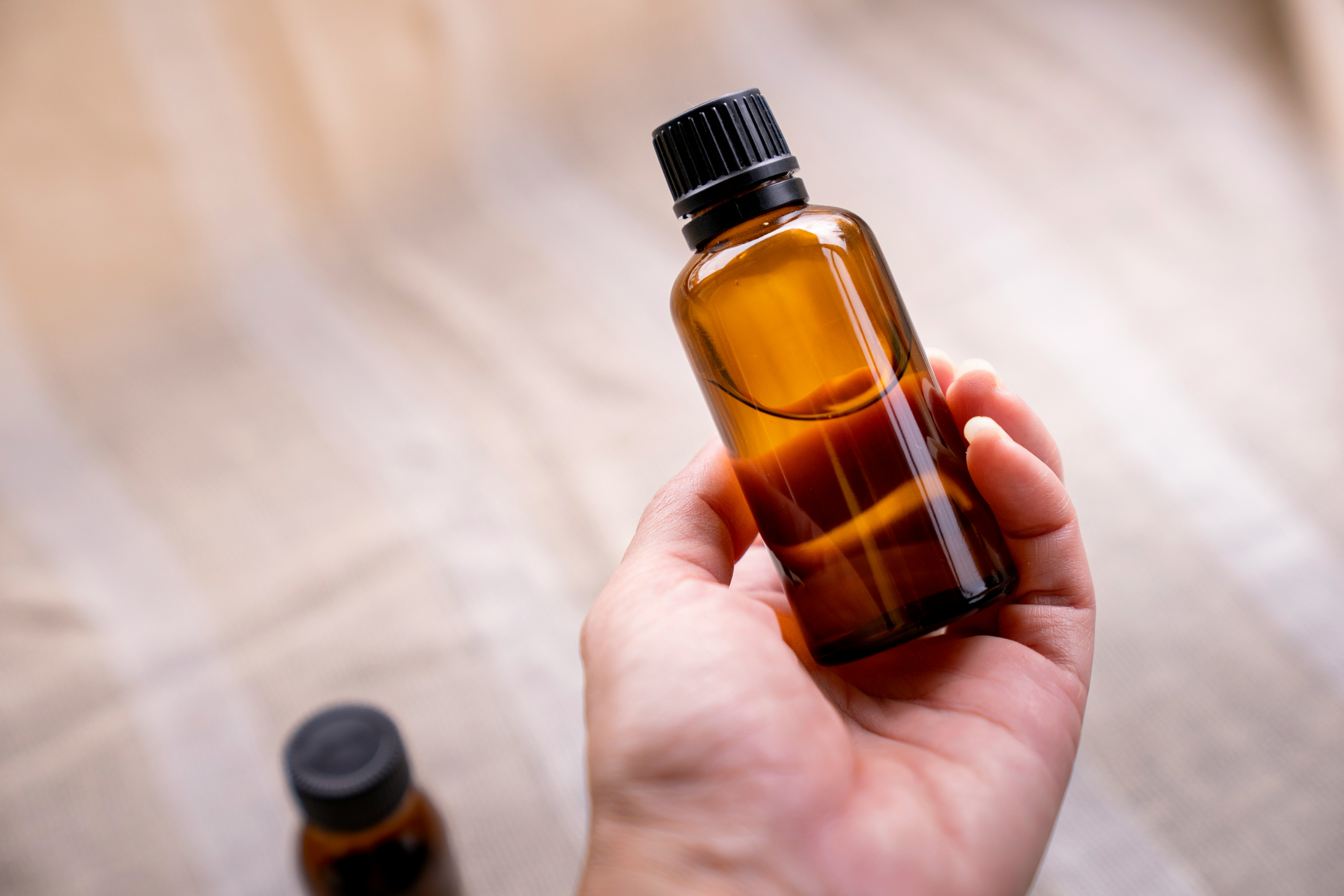
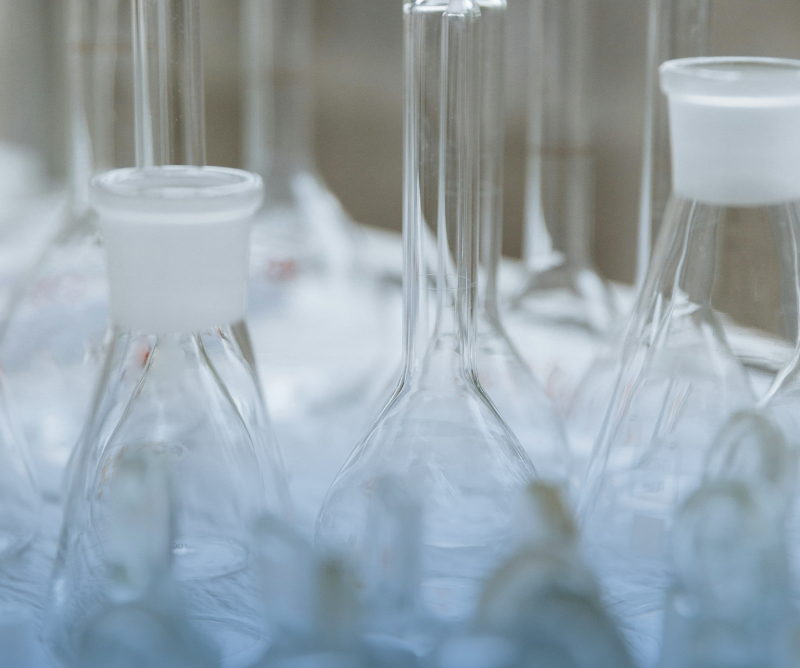

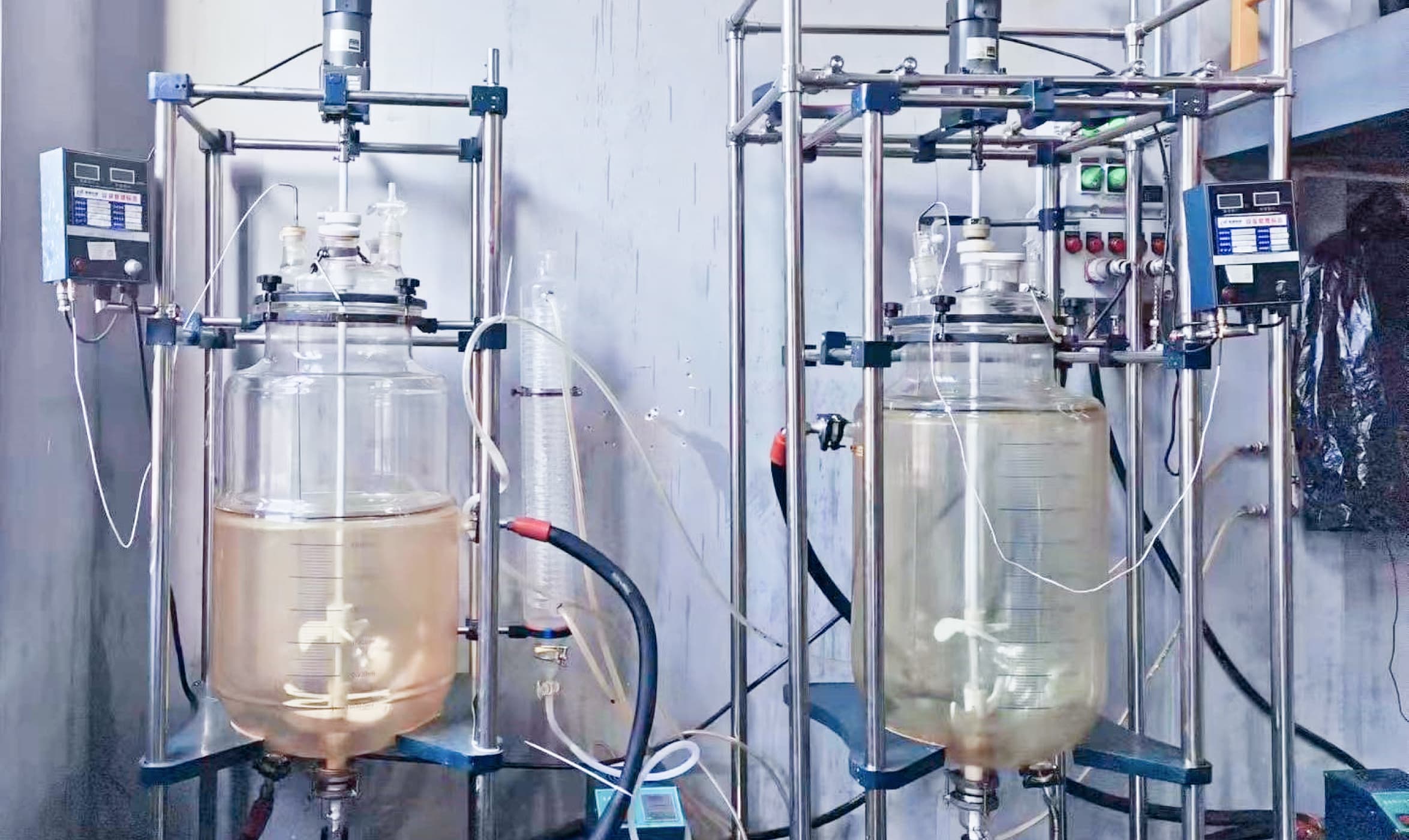
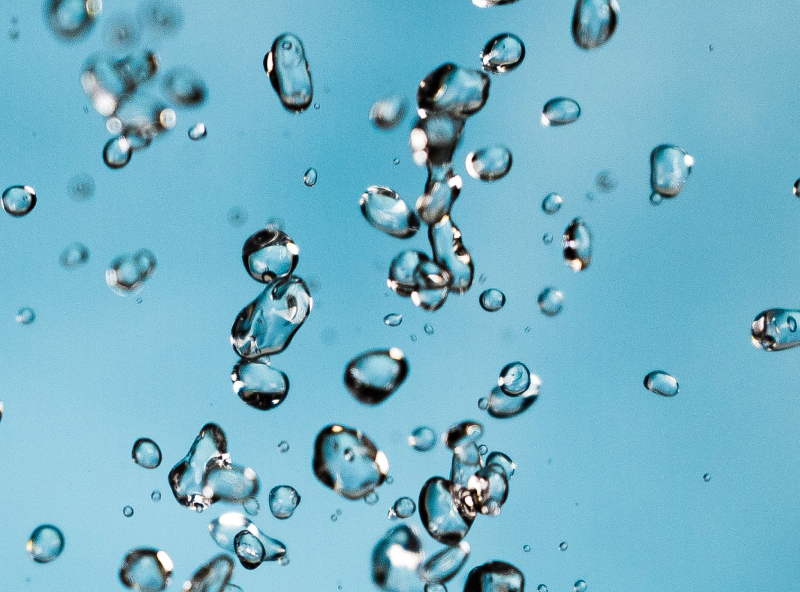


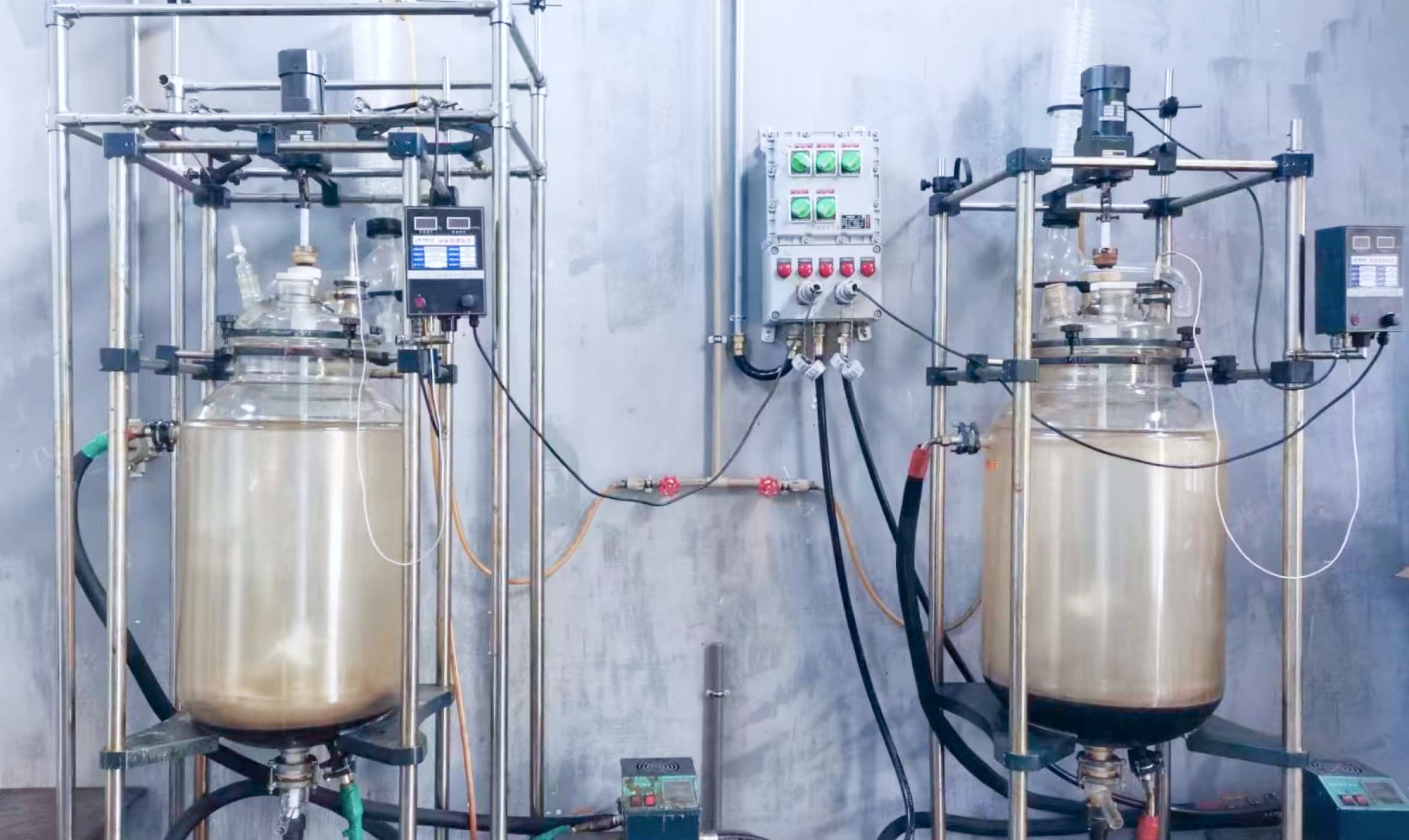
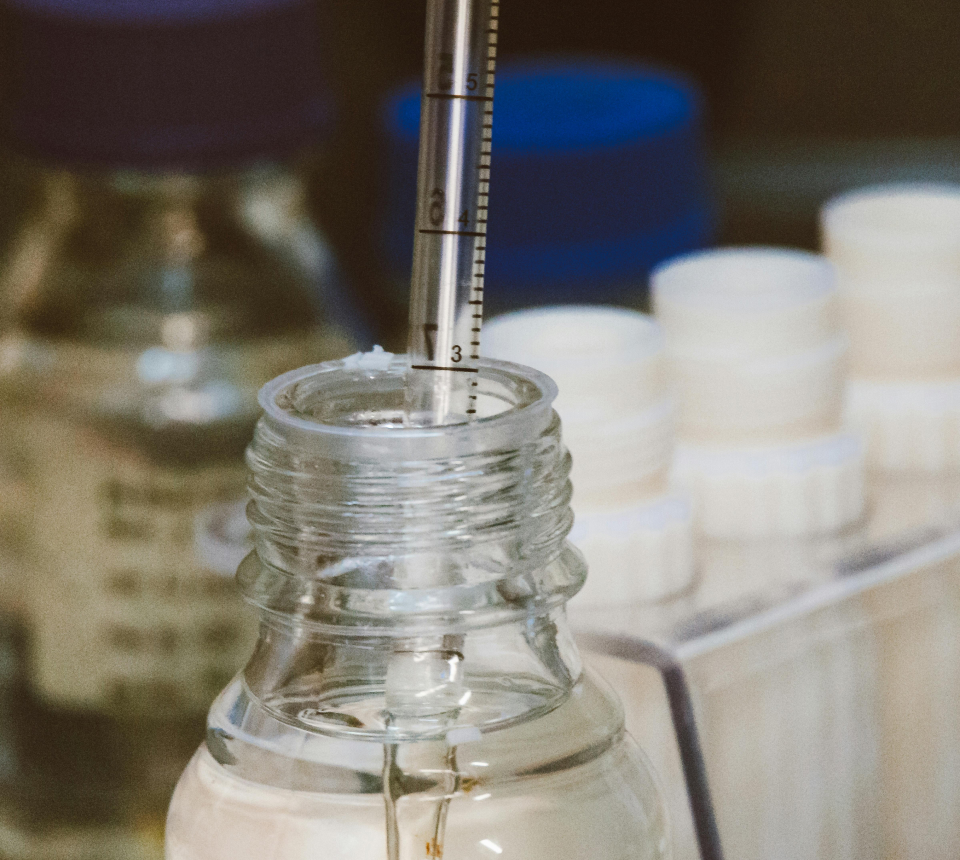




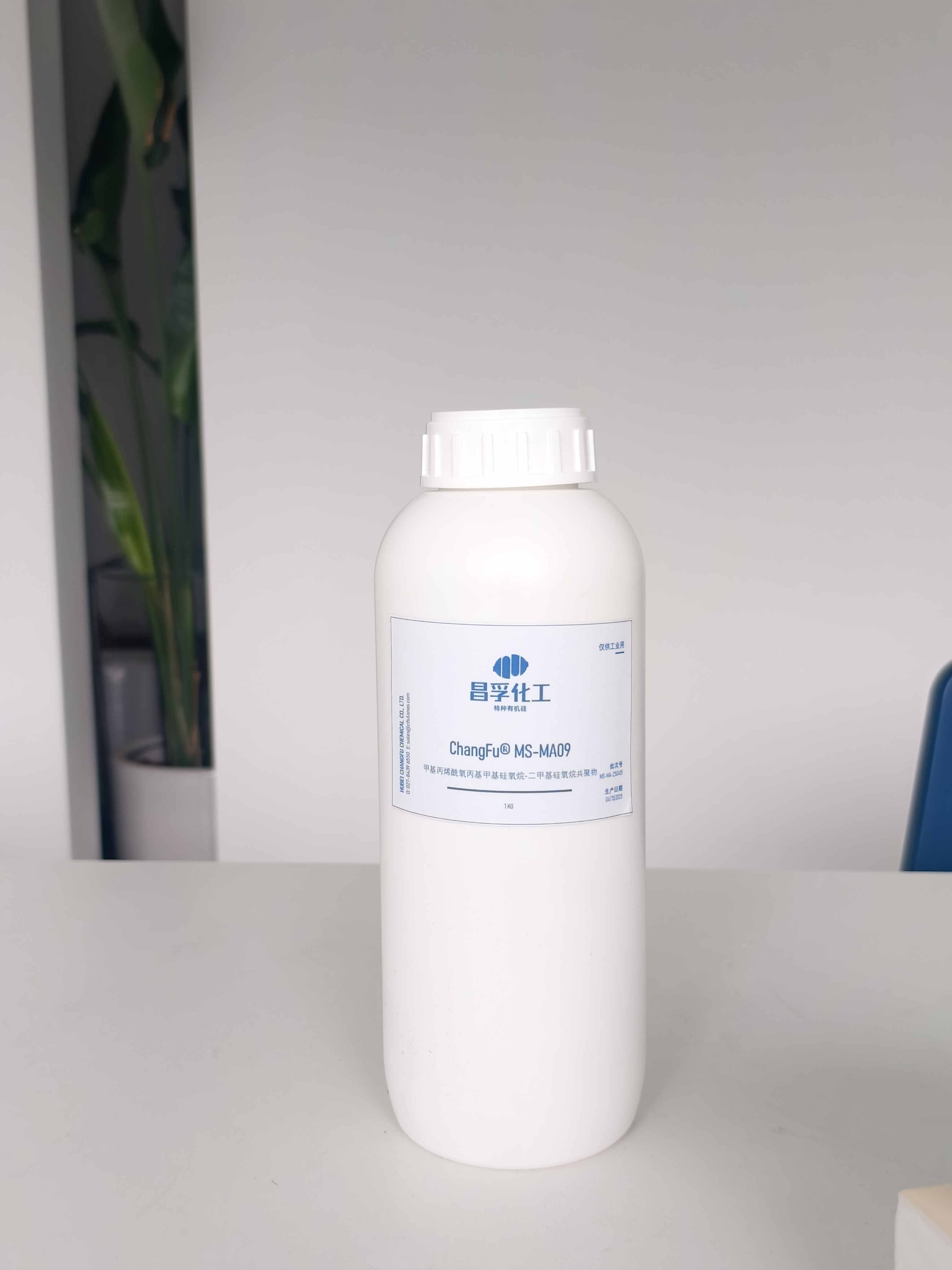



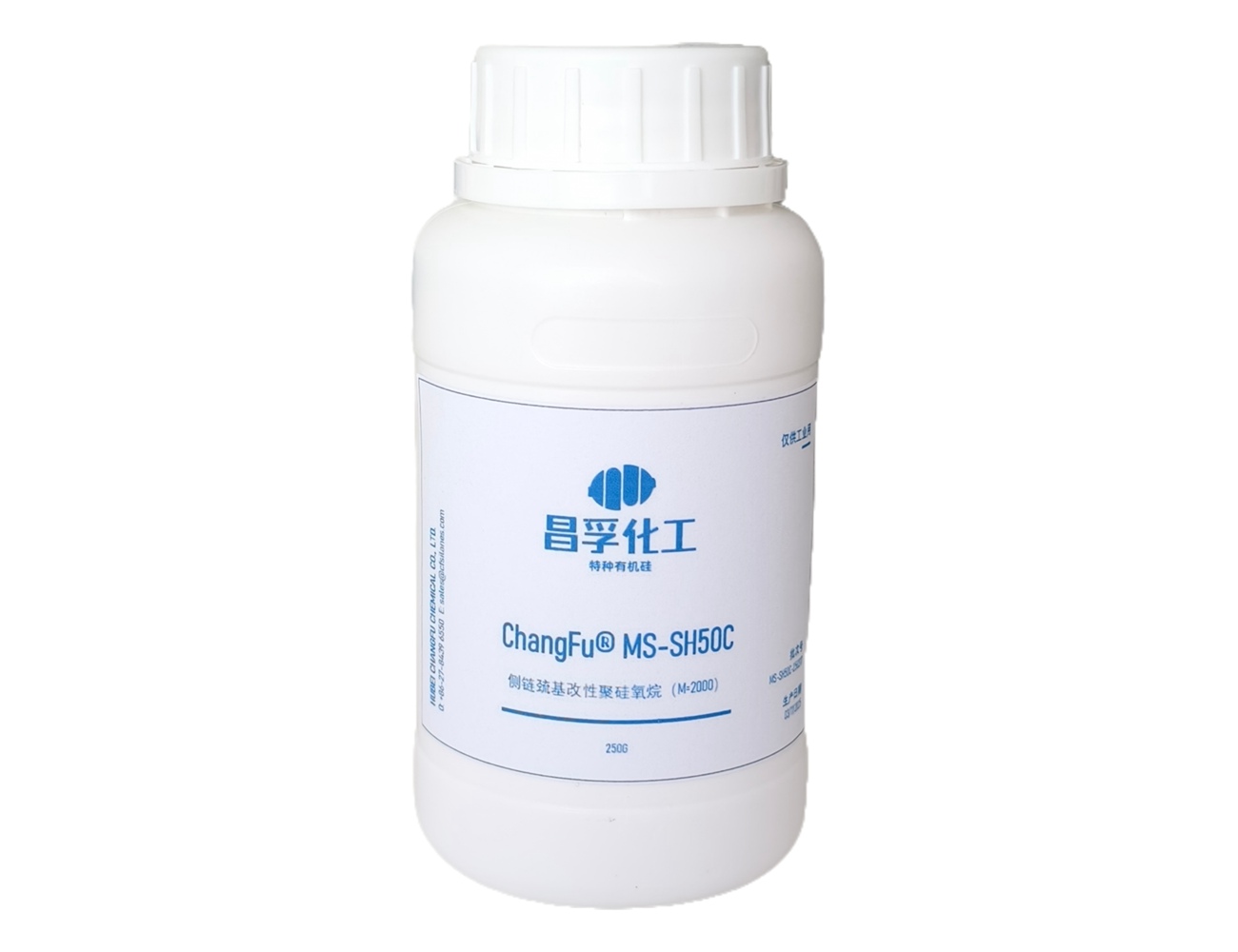



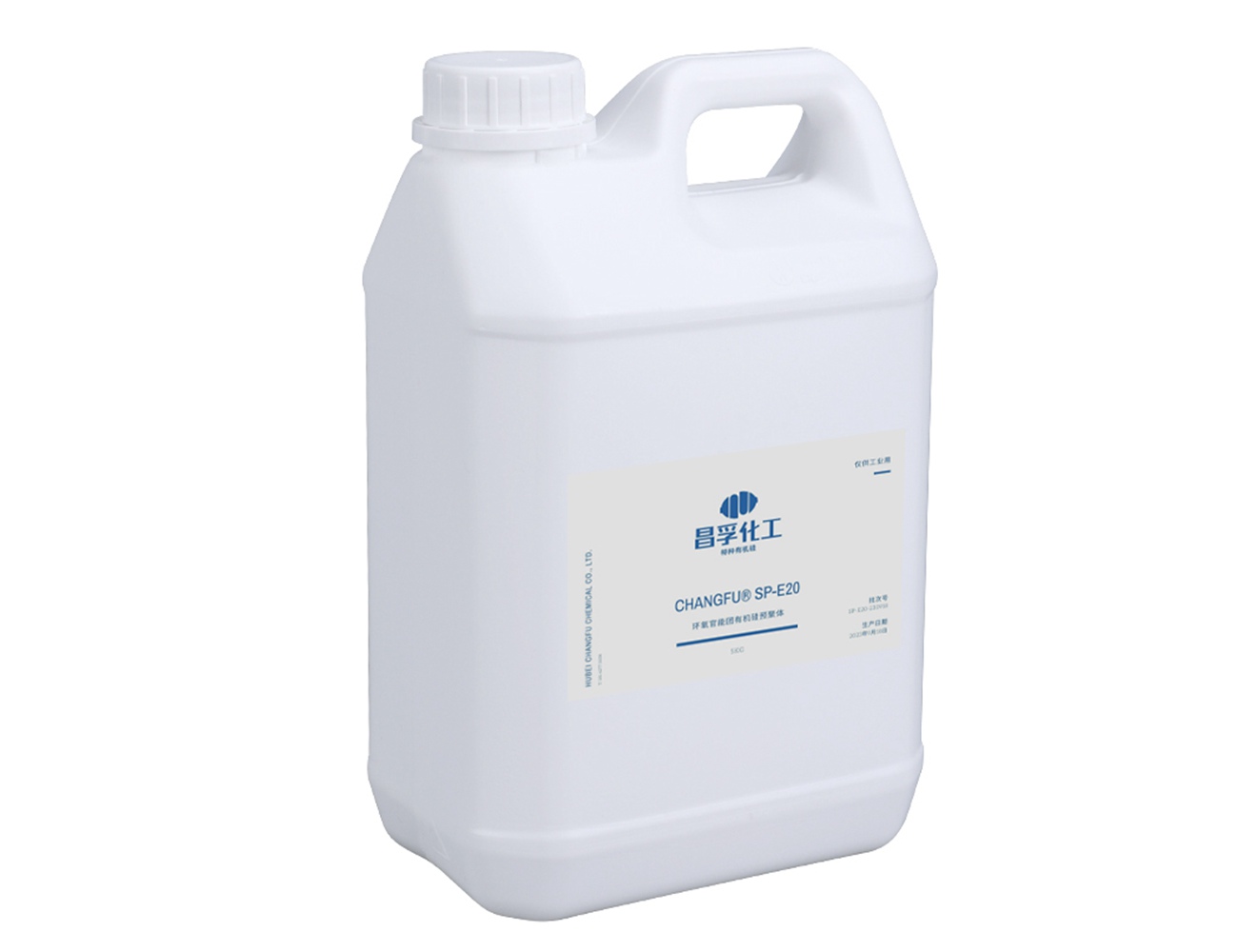
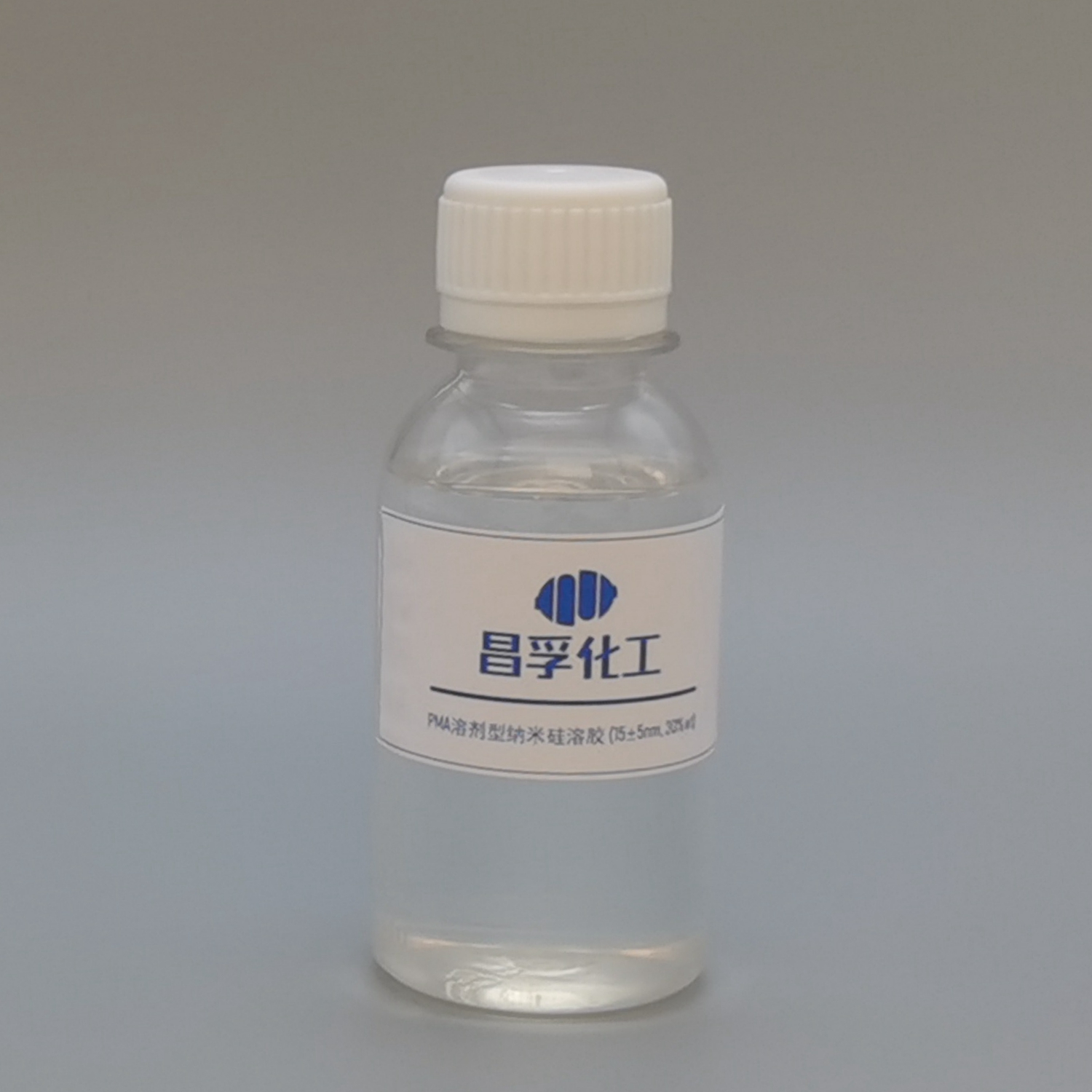
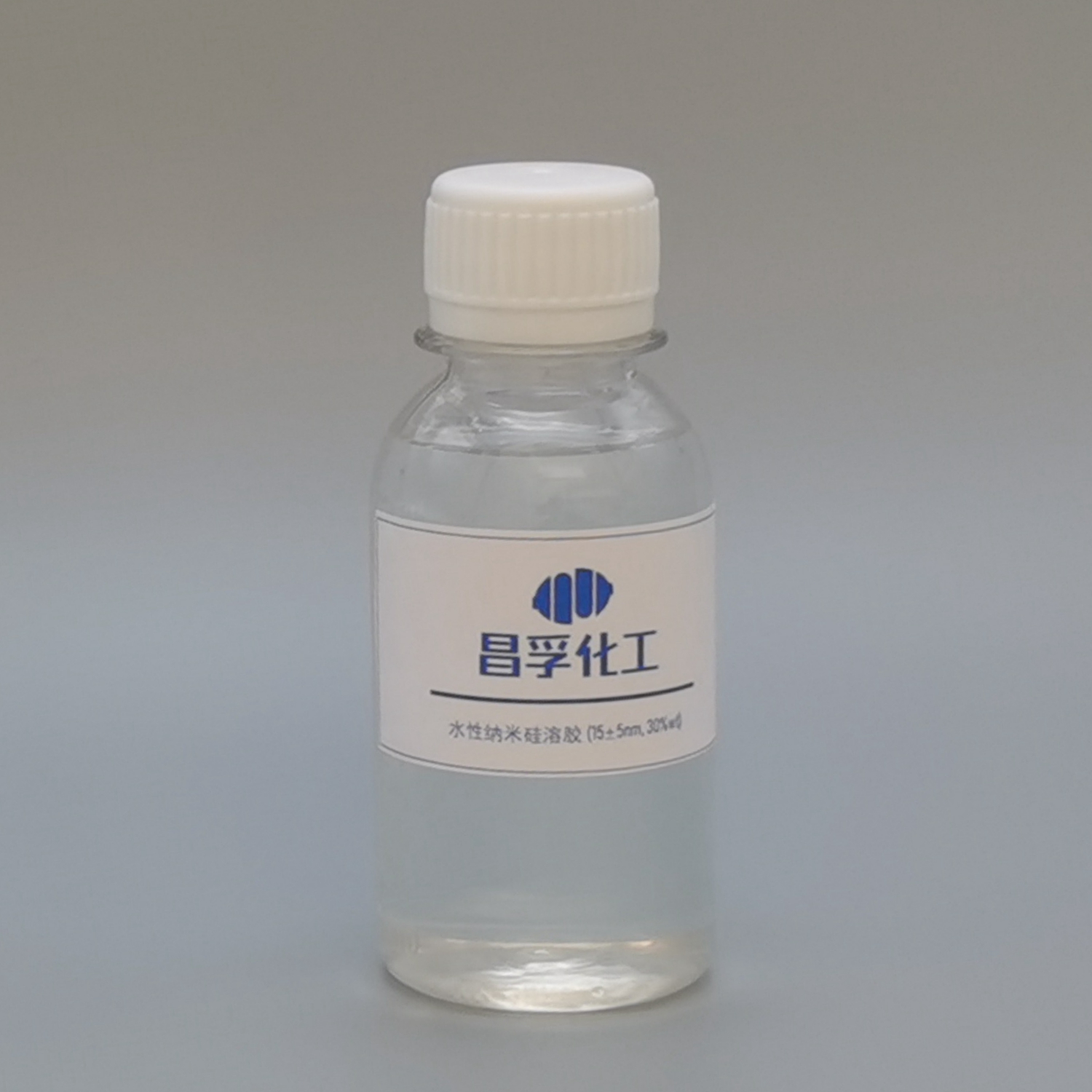

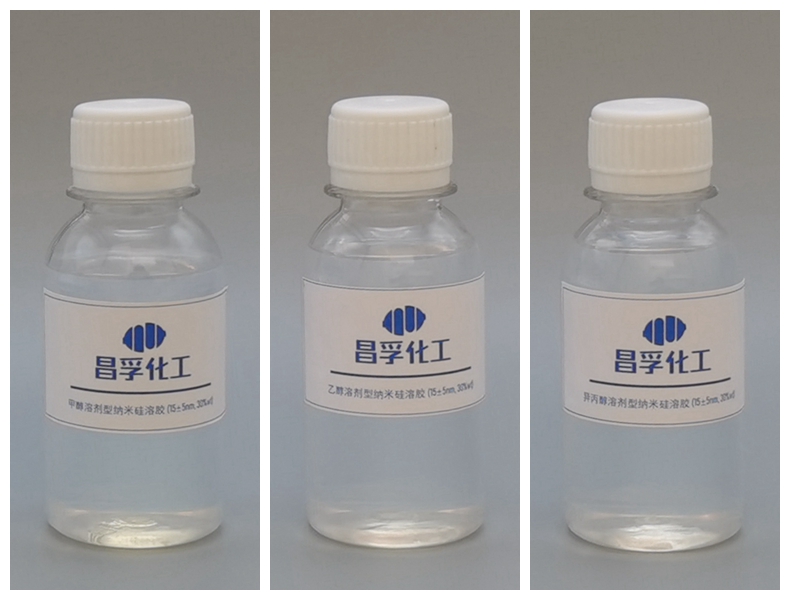
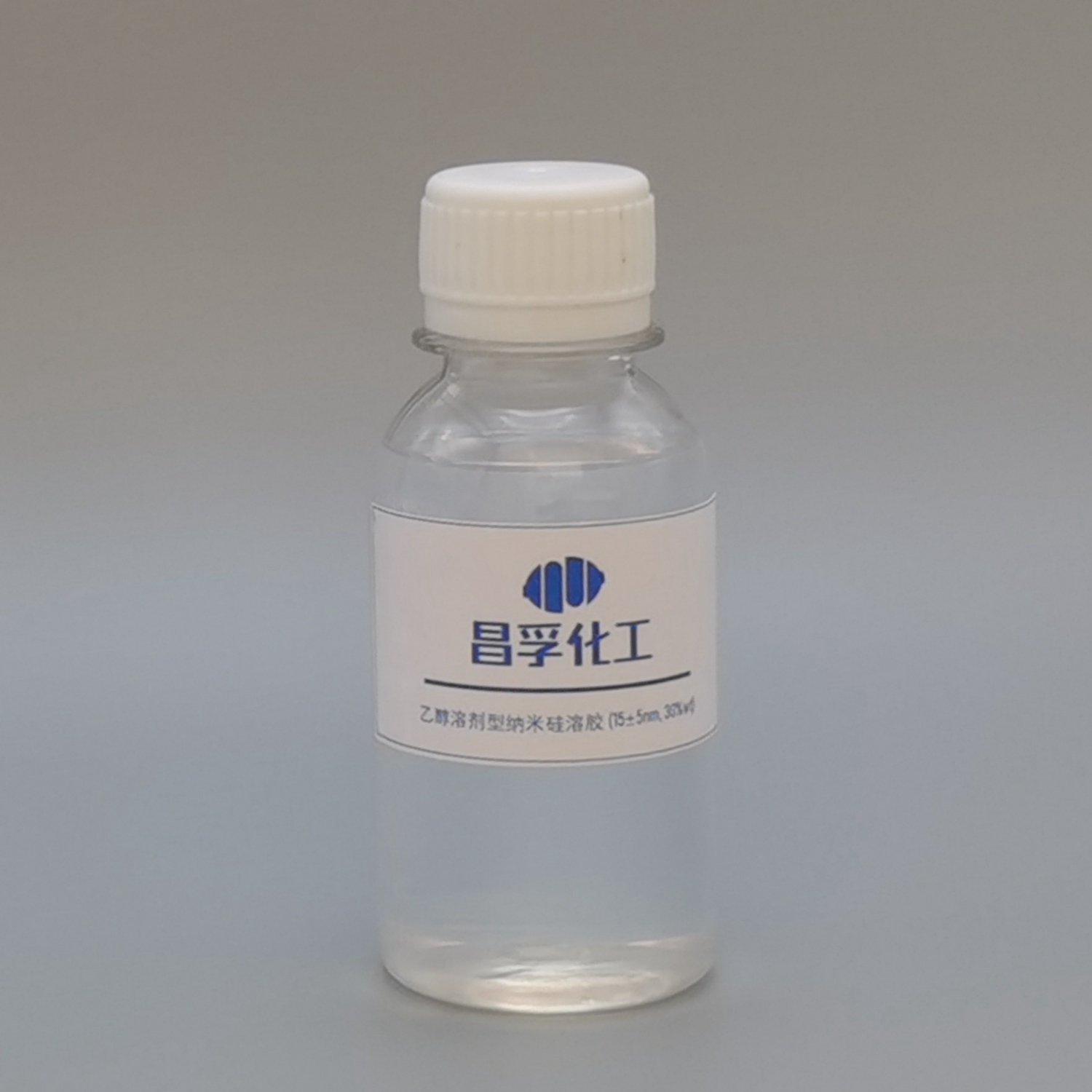
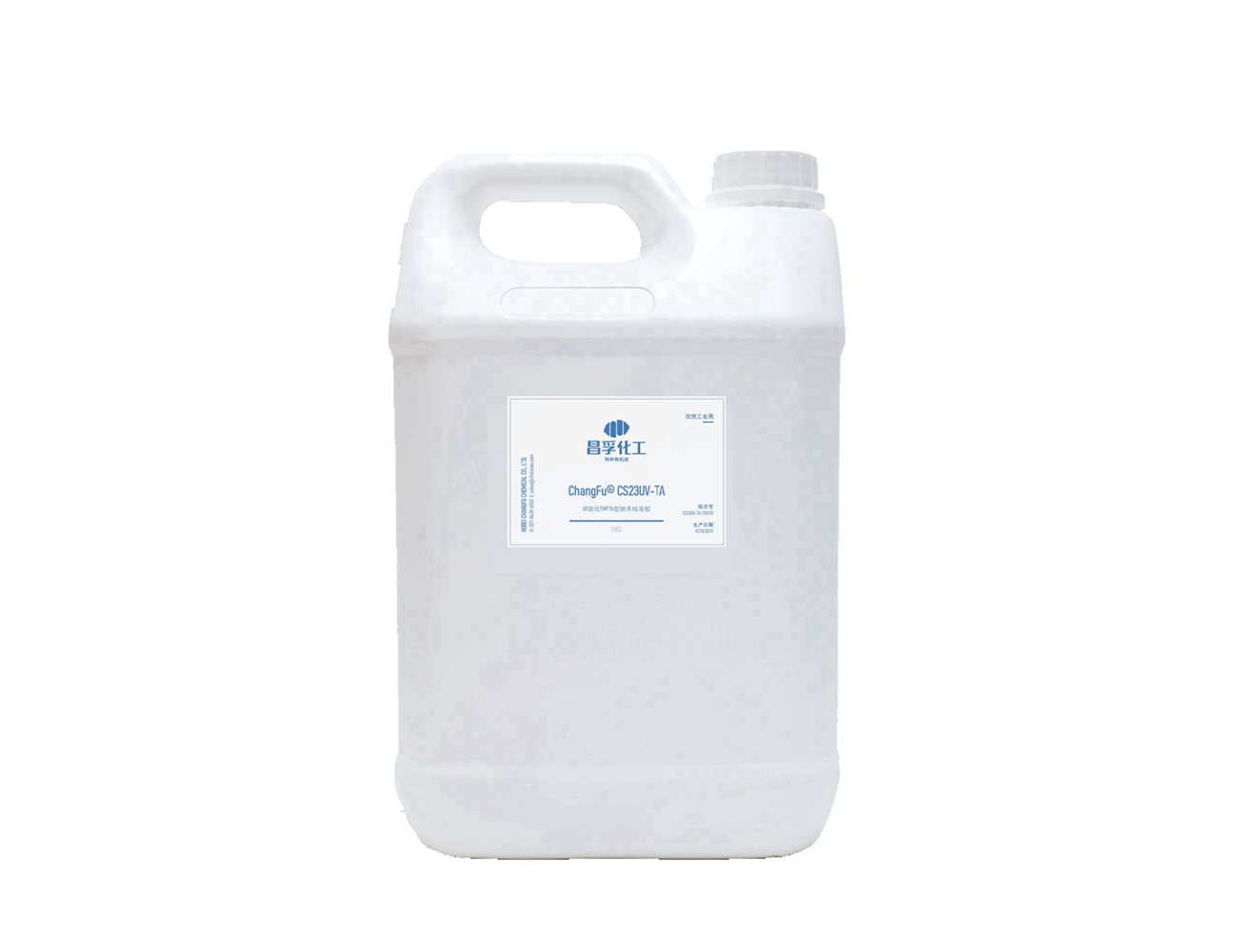
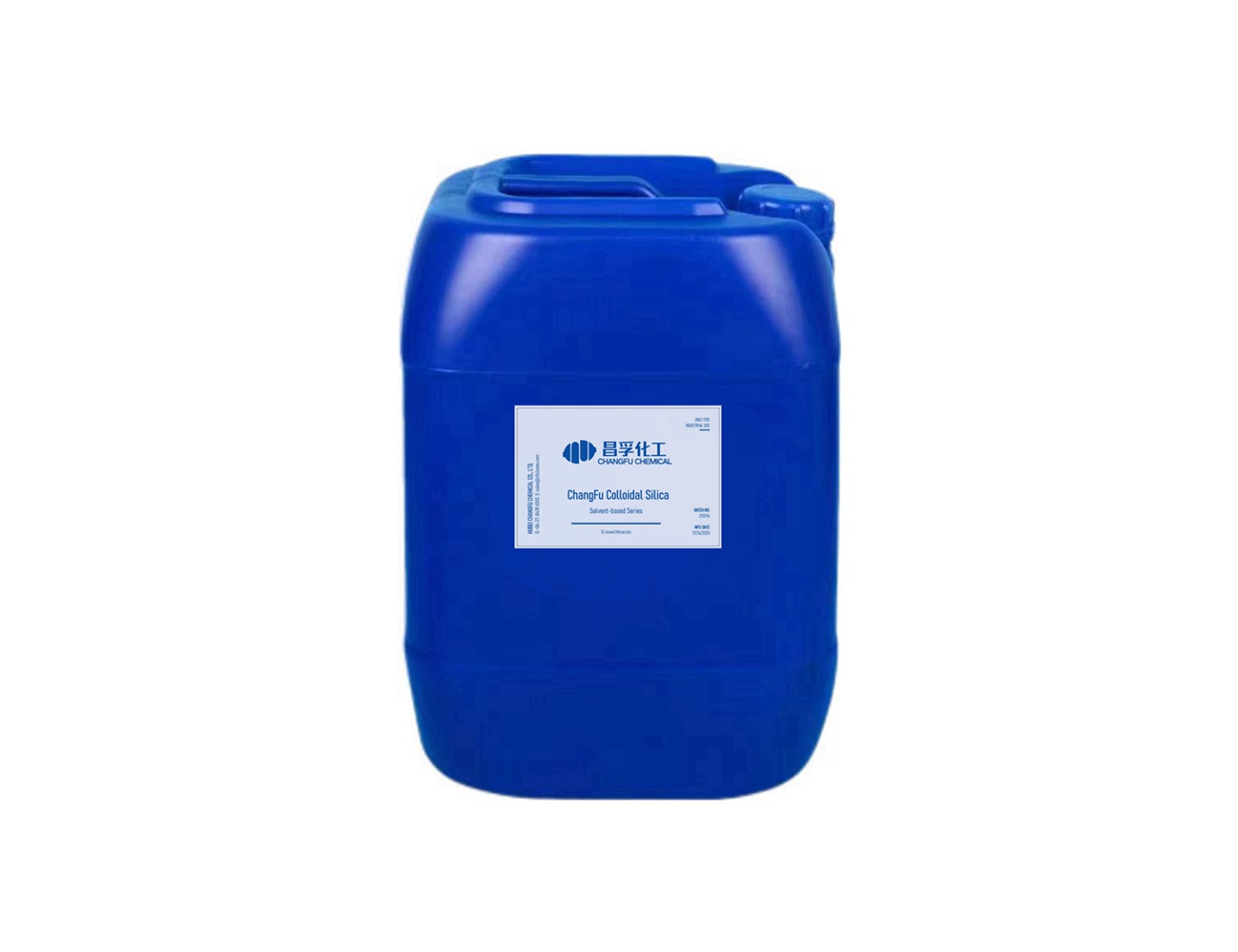


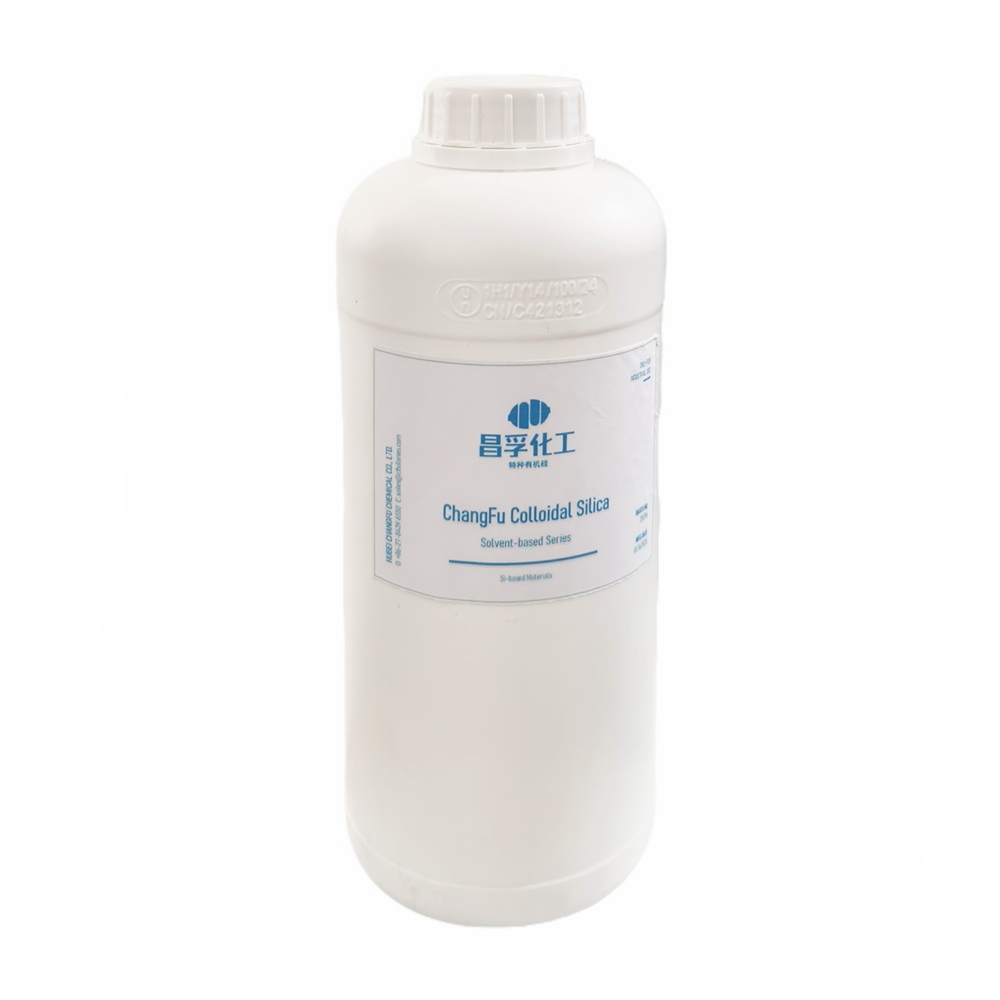


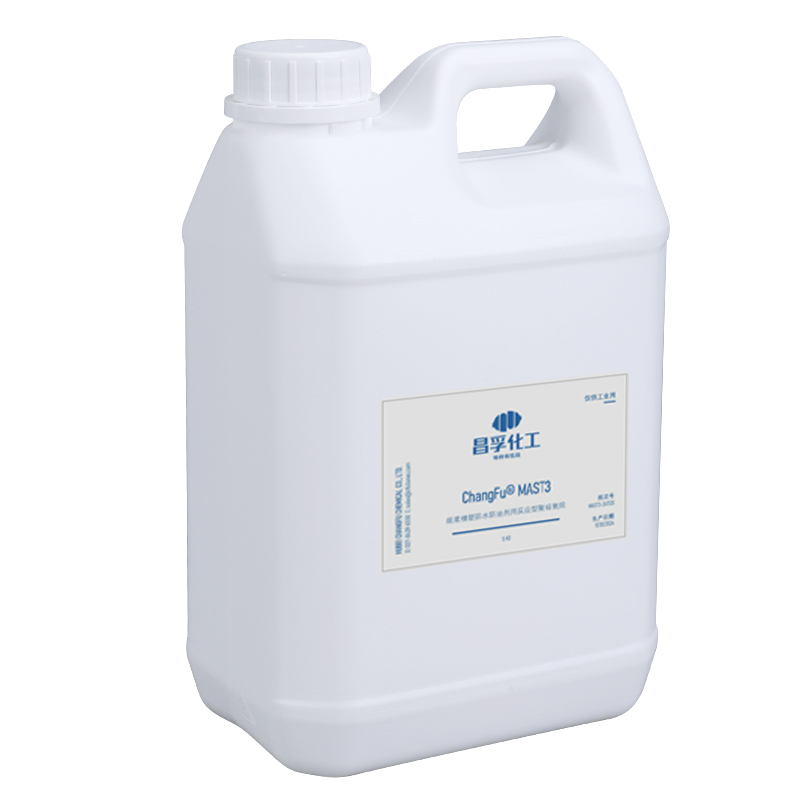





































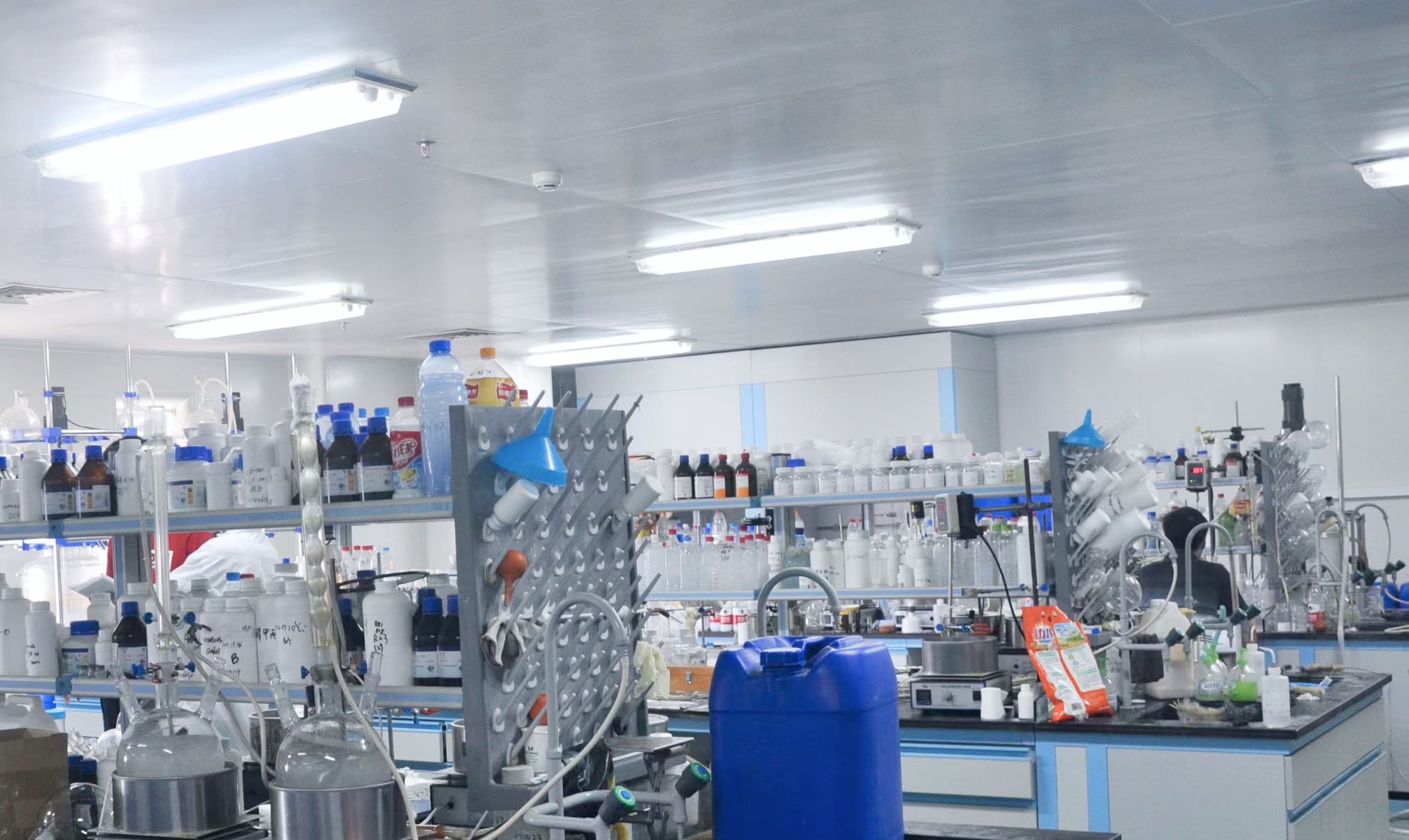

+86 27 8439 6550
+86 181 6277 0058
sales@cfsilanes.com
Optics Valley Bio-City
No. 666, Gaoxin Avenue
Hongshan District, Wuhan City

+86 27 8439 6550 | +86 181 6277 0058
sales@cfsilanes.com
Optics Valley Bio-City
No. 666, Gaoxin Avenue
Hongshan District, Wuhan City
Copyright © Hubei ChangFu Chemical Co., Ltd. All Rights



